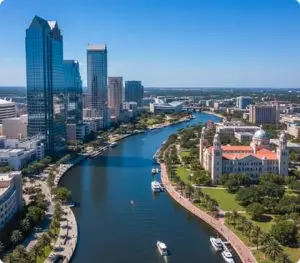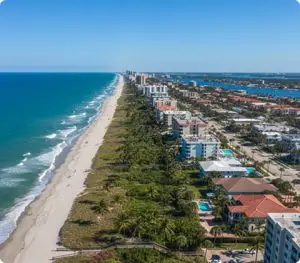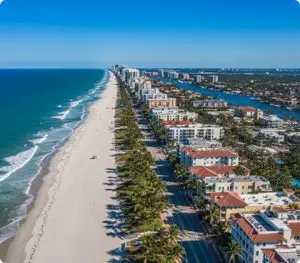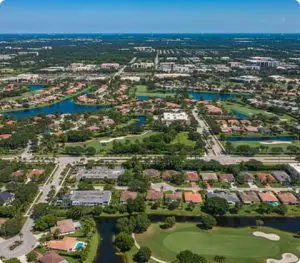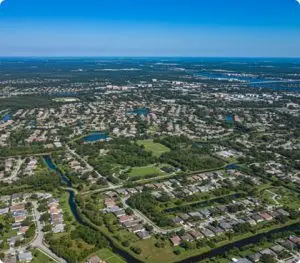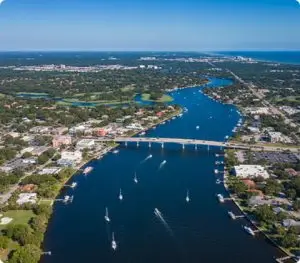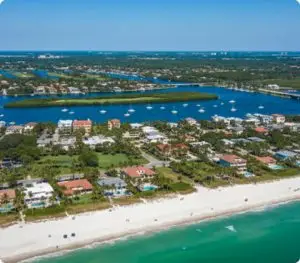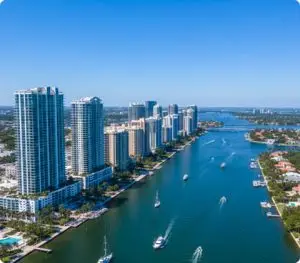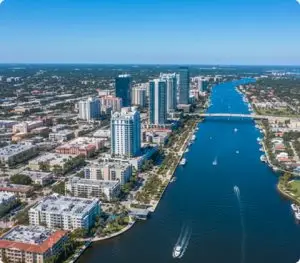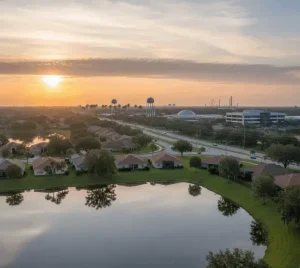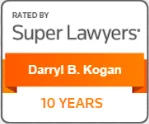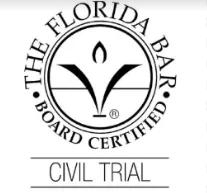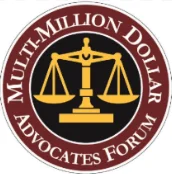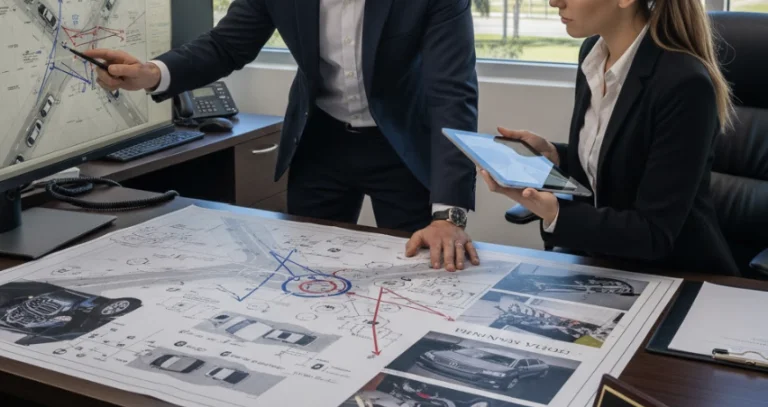
Who is at Fault in a Multi-Vehicle Pileup in Florida?
Table of Contents
Florida’s highways, especially I-95, I-75, and the Florida Turnpike, see countless chain-reaction crashes every year. When multiple vehicles collide in a multi-car pileup, determining who’s at fault becomes a tangled web of evidence, insurance disputes, and conflicting stories. These crashes can cause catastrophic injuries, block entire roadways, and involve both passenger cars and commercial trucks.
So, who is actually responsible when several vehicles collide in Florida? The answer depends on a combination of negligence law, physical evidence, and insurance rules. This article breaks down how fault is determined, what victims can recover, and how a Florida car accident lawyer can help untangle the aftermath of a multi-vehicle crash.
Understanding Multi-Vehicle Pileups
A multi-vehicle pileup occurs when a chain of rear-end collisions or side impacts involves three or more vehicles. These crashes often happen in high-traffic areas or under poor weather conditions.
Common causes include:
- Distracted driving (texting, phone use, or inattention)
- Following too closely or tailgating
- Sudden stops in traffic
- Poor weather (fog, rain, or slick roads)
- Speeding or aggressive lane changes
- Truck braking failures or blind-spot errors
In such chaos, the initial impact may set off multiple secondary collisions, making it difficult to determine which driver’s negligence triggered the chain reaction.
Florida’s Modified Comparative Fault Rule
As of 2023, Florida follows a modified comparative fault system (Florida Statute §768.81). This means:
- Each driver’s share of liability is assigned as a percentage of fault.
- You can recover damages only if you were 50% or less at fault.
- Your compensation is reduced by your percentage of responsibility.
For example, if your damages total $100,000 but you’re found 20% at fault for following too closely, you would recover $80,000.
This system applies to all types of motor vehicle collisions, including multi-vehicle pileups, where multiple drivers may share varying degrees of blame.
How Fault Is Determined in Multi-Car Crashes
Determining liability in a multi-vehicle accident requires careful investigation. Insurance adjusters and attorneys look for the chain of causation, who caused the first impact and whether subsequent drivers could have avoided the crash.
Key evidence includes:
- Police reports that document the sequence of collisions
- Traffic camera or dashcam footage
- Eyewitness statements from other drivers or bystanders
- Crash reconstruction expert reports
- Vehicle damage analysis showing the direction and timing of impacts
- Phone records or driver logs, especially for distracted or commercial drivers
In many pileups, liability isn’t assigned to just one person, it’s spread across several, depending on reaction times, speeds, and distance between vehicles.
The Role of Florida’s No-Fault Insurance
Florida’s no-fault insurance law requires drivers to carry Personal Injury Protection (PIP), which covers up to $10,000 in medical expenses and lost wages, regardless of who caused the accident.
However, in multi-car collisions involving severe injuries, victims can step outside the no-fault system and file a negligence claim against at-fault drivers for additional damages like:
- Pain and suffering
- Long-term medical care
- Lost future income
- Permanent disability
A Florida car accident attorney can evaluate whether your injuries meet the “serious injury” threshold to pursue full compensation beyond PIP benefits.
Common Scenarios in Multi-Vehicle Crashes
Every chain-reaction crash has its own dynamics, but here are a few examples of how fault might be assigned:
1. The Lead Driver Stopped Suddenly
If the front vehicle stopped abruptly without warning or due to driver distraction, they could share responsibility for the pileup, especially if brake lights weren’t functioning.
2. The Middle Vehicle Was Rear-Ended and Pushed Forward
The middle car in a three-car crash is often both a victim and a contributor. If that driver was stopped lawfully but pushed into another car, they may not be liable for the second impact.
3. A Truck or Commercial Vehicle Triggered the Chain Reaction
Because of their size and braking distance, trucks and commercial vehicles are frequently central to multi-vehicle pileups. Trucking companies can be held liable for inadequate driver training, poor maintenance, or hours-of-service violations.
A Florida truck accident lawyer can uncover critical evidence such as driver logs, maintenance reports, and black box data to establish fault.
Multi-Vehicle Crashes and Catastrophic Injuries
Due to the sheer force and number of impacts, pileups often result in serious injuries, including:
- Traumatic brain injuries (TBI)
- Spinal cord damage and paralysis
- Broken bones and internal bleeding
- Severe burns from fuel fires
- Fatal injuries leading to wrongful death
Victims may require months of treatment, rehabilitation, or permanent disability accommodations. A Florida catastrophic injury attorney ensures these long-term costs are fully documented and included in any settlement demand.
Proving Fault in Complex Pileup Cases
Because multiple drivers and insurers are involved, proving negligence requires professional accident reconstruction and expert analysis. A Florida personal injury lawyer will:
- Review the full accident report and crash scene photos
- Subpoena phone or GPS data for distracted drivers
- Obtain truck “black box” data if applicable
- Coordinate with engineers and reconstruction experts
- Handle communications among multiple insurance carriers
This investigative approach ensures no liable party escapes accountability.
Related Practice Areas
Multi-vehicle pileups often intersect with other Florida injury law areas, such as:
- [Florida Truck Accident Lawyers], for commercial vehicles involved in chain-reaction crashes.
- [Florida Drunk Driver Accident Attorneys], if impairment played a role.
- [Florida Wrongful Death Lawyers], for fatal multi-vehicle crashes.
- [Florida Catastrophic Injury Lawyers], for spinal or brain trauma victims.
Each area helps address the unique challenges of proving fault and maximizing recovery in complex collisions.
Why Legal Representation Matters
In multi-car accidents, insurance companies often engage in finger-pointing, each trying to minimize their client’s share of fault. Victims can quickly become overwhelmed by conflicting statements, lowball offers, and policy limitations.
A Florida car accident attorney can:
- Identify every liable party and insurance policy
- Negotiate across multiple insurers
- Prove fault using expert testimony and data analysis
- Demand full compensation for both immediate and long-term losses
Because evidence can disappear quickly, contacting a lawyer as soon as possible after the crash is crucial.
Call Kogan & DiSalvo Personal Injury Lawyers
If you were injured in a multi-vehicle pileup, you deserve clarity and fair compensation. The attorneys at Kogan & DiSalvo Personal Injury Lawyers have decades of experience investigating complex accident scenes and holding negligent drivers accountable.
Call (561) 286-8132 today for a free consultation. We represent clients statewide from offices in Boca Raton, Delray Beach, Plantation, Palm Bay, St. Petersburg, Vero Beach, North Miami Beach, Boynton Beach, Fort Lauderdale, Lakeland, Stuart, Tampa, and West Palm Beach.
 (800) 707-9111
(800) 707-9111
 Call
Call

